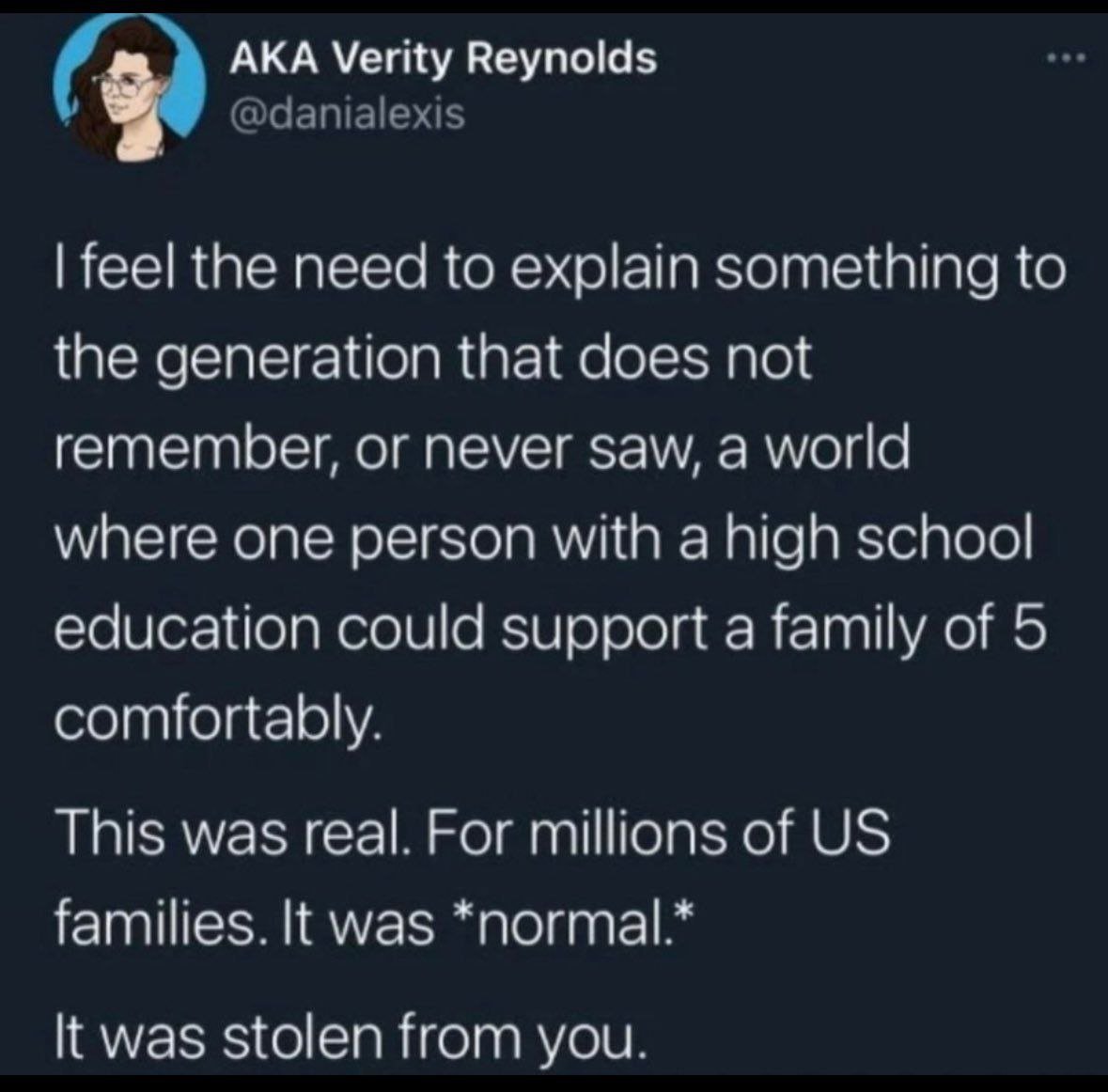this post was submitted on 13 Mar 2024
1525 points (97.9% liked)
Political Memes
5515 readers
701 users here now
Welcome to politcal memes!
These are our rules:
Be civil
Jokes are okay, but don’t intentionally harass or disturb any member of our community. Sexism, racism and bigotry are not allowed. Good faith argumentation only. No posts discouraging people to vote or shaming people for voting.
No misinformation
Don’t post any intentional misinformation. When asked by mods, provide sources for any claims you make.
Posts should be memes
Random pictures do not qualify as memes. Relevance to politics is required.
No bots, spam or self-promotion
Follow instance rules, ask for your bot to be allowed on this community.
founded 1 year ago
MODERATORS
you are viewing a single comment's thread
view the rest of the comments
view the rest of the comments

You accuse me of ignoring the high cost of Vietnam — but ultimately your own argument supports mine. Toyota and Volkswagen couldn’t have challenged the American automotive hegemony in the 1970s had it not been for the re-industrialization of Japan and Germany that allowed this to happen in the first place. The US got “stuck” in a 1950s mentality (cheap overseas oil, no significant international industrial competition), and re-industrialized countries that 20 years prior couldn’t compete had built up enough that they could.
The US wouldn’t have regained its edge even without Vietnam. At best, it would have slowed the slide — but ultimately every other country on earth was also going to grow its economy, and the re-industrialization that happened in countries with much cheaper costs of living (and yes, in some cases with regressive political regimes that worked to keep costs down) was always going to happen anyway, and no amount of US protectionism was ever going to prevent it from happening. As I pointed out elsewhere in this post (as one example), Australia in the 1950s bought the vast majority of its automobiles from US companies — but now they buy primarily from Asian manufacturers. The US lost that business because those other manufacturers focuses on cost and quality — and it’s not likely getting it back anytime soon. Multiply that by virtually every industry in existence today, and it’s not hard to see that the 50s and 60s were a special economic anomaly that won’t likely ever happen again.
We can't say exactly what would or wouldn't have happened. What we can say for certain is that the war build up allowed the steel industry to make a lot of money off of old plants.
Jimmy Carter wanted to end America's oil dependency in 1976. He installed solar panels on the White House as a symbolic way of saying we were going to get off the oil addiction. Reagan tore those things down and kept us dependant on oil.
We can say, because the things you list are almost completely independent of the fact that Germany, Japan, France (to a certain extent), and later China all made major advancements in their industrial capabilities post-war, and they (along with countries within their geographic and political spheres of influence) didn’t have to buy from the US anymore.
Would a 1970s and 1980s green energy revolution in the US have been a good thing that would have benefitted the United States? Most likely yes (and everyone else for that matter) — but again, that doesn’t change the fact that the countries left with minimal industrial output post WWII were going to rebuild that output. Individually many of them my not have surpassed the US (and may never do so), but in aggregate they (especially China) have reduced the US’s near sole-source influence they had on the supply chain for manufactured goods in the 50s and 60s. This was always going to be outside the US’s control and ability to change in any significant manner — they were always going to go from “virtually no competition” to “competition with virtually everyone” in the post-war years.
So, you're telling me you know exactly what would have happened if Humphrey had won in 1968 and had pushed for a massive increase in NASA's budget, resulting in a vast leap ahead in US technology?
The US ceding manufacturing to China et al was a political choice by Reagan and the GOP. They wanted to destroy the Unions, and were happy to let cities like Detroit implode.